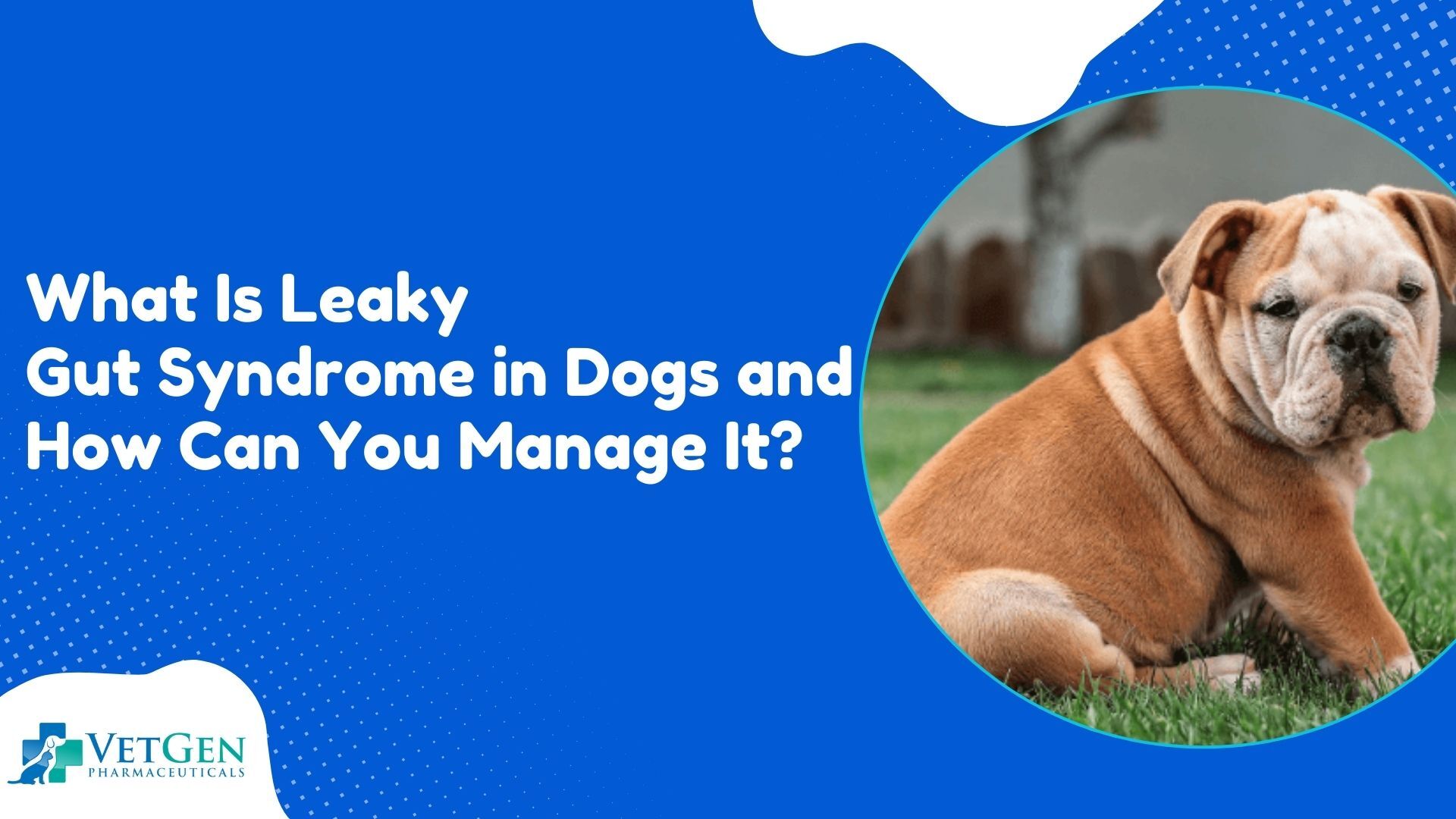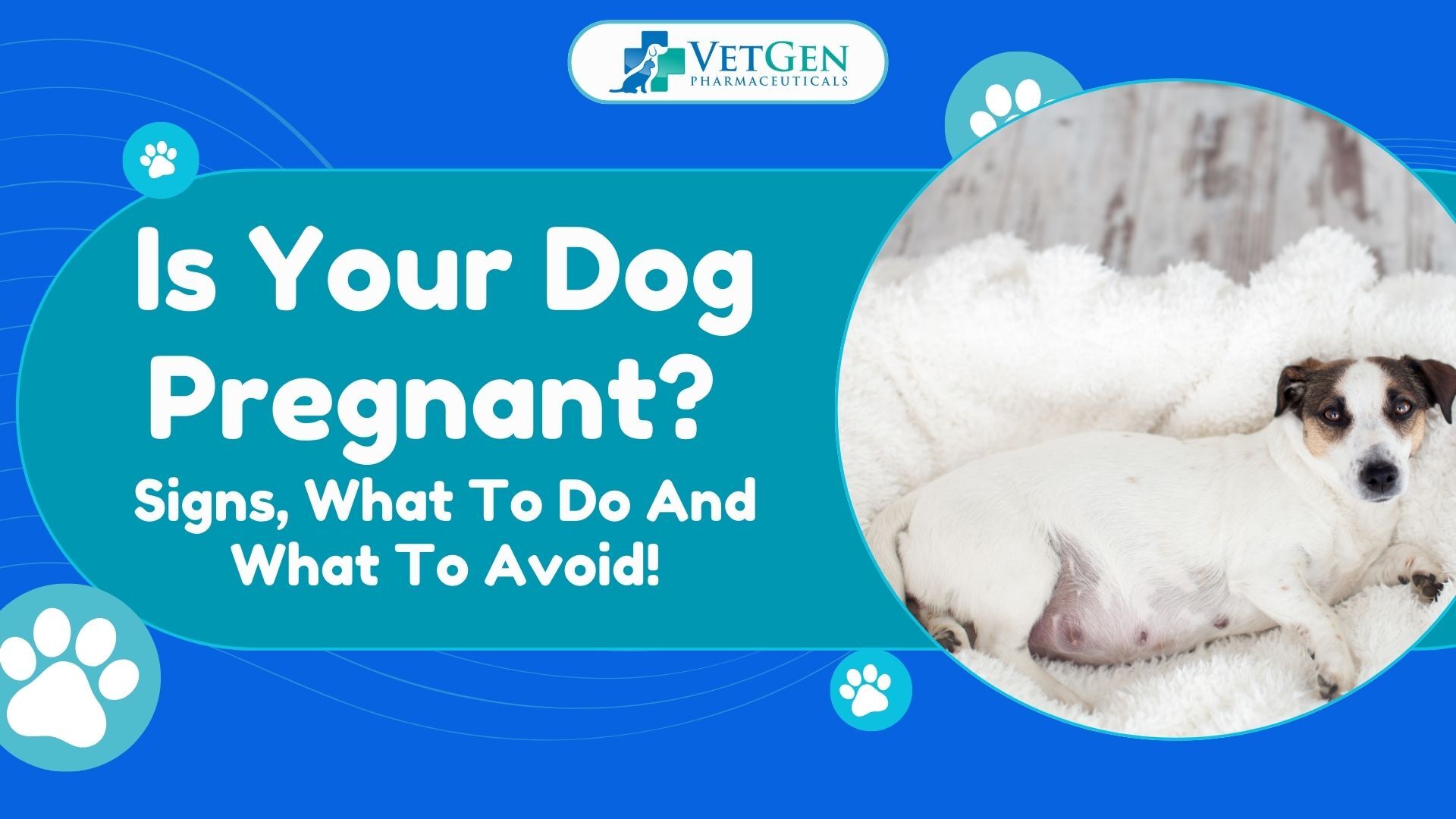Table of Contents
Leaky Gut Syndrome in dogs has been viral nowadays, not only among the owners of pets but also among many veterinarians. This is more the case in humans, yet it can also cause the same intestine problem in dogs. For this reason, there is a great need to know what causes this disease, how to identify it, and how to treat the disease so that your dog can live a healthy life.
In this in-depth blog, we shall be talking about leaky Gut Syndrome in dogs, its effects on them, and how to handle the condition effectively.
What is Leaky Gut Syndrome?
Leaky Gut Syndrome is thus a condition brought by the malfunction of lining within the intestines of the dog. When the lining of the intestine has been compromised it is able to allow toxic substances, bacteria and small food particles to pass through the blood. Under normal circumstances the lining of the intestine is a barrier and controls the traffic in the other direction from the digestive tract to the bloodstream. When this barrier is broken, toxic substances enter the bloodstream and lead to the immune system’s reaction, which leads to multiple diseases.
How Does the Gut Normally Function?
The gut, in other words, therefore is used in the breakdown of foods and absorption of nutrients. Some things will not pass through the walls of the intestines because they are bad for the body and a good digestive system helps create an immune system in your dog. When it becomes more permeable, however, it cannot work correctly anymore.
What Can Cause Leaky Gut Syndrome in Dogs?
Here are some common causes leading to leaky Gut Syndrome in dogs:
- Diet: When your dog is fed on processed foods, low-quality kibble, or artificial additives containing food, the bacteria in your dog’s gut could be easily upset.
- Medications: The linings of your dog’s gut can be damaged by antibiotics, steroids or even the long term use of any other medicines.
- Chronic Stress: Through stress, your dog undergoes changes in the intestinal permeability and therefore inflammation in the gut.
- Infections: Infections by bacteria, viruses, or parasites can also cause the damage of the gut.
- Toxins: Many people are exposed to toxins that include pesticides, chemicals, or heavy metals which also lead to a leaky gut.
What Can Cause Leaky Gut Syndrome in Dogs?
It is, therefore, essential to acknowledge the symptoms of leaky Gut Syndrome in dogs as early management is crucial since the disease affects the broader body systems, so symptoms vary extensively. Some usual signs are as follows:
- Gastrointestinal Issues: Chronic diarrhea in dogs, constipation, bloating in dogs, and gas are some of the most common symptoms
- Skin Disorder: Itchy skin, hot spots, rashes, or hair loss indicates an underlying gut problem.
- Allergies: Food sensitivities and environmental allergies often begin as a result of a malfunctioning gut lining.
- Weight Changes: Unexplained weight loss or the inability to gain weight are common side effects of failing to digest nutrients.
- Behavioral Changes: Anxiety, aggression, or depression commonly occur because of poor gut health.
- Autoimmune Disorders: Conditions such as arthritis, thyroid issues, or inflammatory diseases have developed as the immune system reacts to toxins entering through the bloodstream.
How to Manage Leaky Gut Syndrome in Dogs?
Leaky Gut Syndrome in dogs is holistic healing of the gut lining, with an improvement in digestion and support to overall health. Below are some of the critical steps to follow:
1. Transition to a High-Quality, Gut-Friendly Diet
The basis for managing leaky Gut Syndrome in dogs is feeding a healthy, whole-food diet that supports gut health. Here are some dietary tips:
- Do keep dog food grain-free. Remove grains and low-quality fillers from the diet. Grains cause gum inflammation.
- Probiotics are necessary to aid in the repopulation of the good bacteria in the gut.
- Bone broth heals the lining of the gut and contains collagen and amino acids.
- Introduce minute amounts of fermented vegetables such as sauerkraut to their meals. Fermented vegetables are naturally high in probiotics.
- Processed kibble only makes gut inflammation worse. It is at this point that you must switch to raw or even home-cooked meals that provide balanced nutrition for the canines.
2. Using Supplements in Dog Diet
Almost everyone agrees that some supplements can help with healing and reducing inflammation in the gut. Some good examples include:
- Digestive Enzymes: Help digest food properly, thereby minimizing stress on the system.
- L-Glutamine: An amino acid that protects and heals the mucosal lining within the gut.
- Prebiotics: Feeds the good bacteria in the gut to enable the facilitation of a good microbiome.
- Omega-3 Fatty Acids: Fish oil for dogs has anti-inflammatory properties that minimize inflammation and heal the gut.
3. Reduce Medications and Toxin
Long-term usage of antibiotics, steroids, or NSAIDs can cause leaky gut syndrome. If your dog is currently on these medications, talk to your veterinarian about reducing them or discontinuing them altogether. Minimize your dog’s exposure to environmental toxins such as pesticides, lawn chemicals, and heavy metals.
4. Decrease Your Dog's Stress Level
Stress can exacerbate symptoms of Leaky Gut Syndrome in dogs. Give your dog a calm and stress-free environment. Regular exercise, mental stimulation, and adequate rest are considered some of the best methods to reduce stress levels.
5. Consult with a Veterinarian
If you suspect that your dog has a leaky gut, take him to a veterinarian. They may run diagnostic tests such as blood, stool tests, and allergy tests. If your veterinarian diagnoses the condition, they can give you specific treatments depending on what infections, allergies, or inflammation could be creating the problem.
Chronic Care of Leaky Gut Syndrome in Dogs
Leaky gut syndrome is something that needs consistent management so that episodes do not recur. Here are some tips for long-term care:
- Regular Veterinary Check-Ups: Keep your dog healthy with regular veterinary check-ups
- Watch for Recurring Cues: Monitor recurring cues of digestive upset, skin issues, or changes in behavior.
- Stick to Gut-Healthy Diet: Stay on a whole food, nutrient-dense diet to keep the gut healthy
Continue Probiotics, Enzymes, and Other Supplements as Necessity Drives: There’s no reason to stop probiotics, digestive enzymes in dogs, and other supplements prescribed by your veterinarian.
Conclusion
A leaky gut syndrome in dogs can severely affect your furry friends’ health, but a proper approach can help you manage their condition very effectively. A good diet, gut-friendly supplements, and reducing environmental toxins are the solutions to this treatment. Closing cooperation with a veterinarian will determine if your dog receives the proper care and support needed in the long term. Early addressing this condition will allow your dog to live a healthier, happier life.
Frequently Asked Questions
1. Can dogs fully recover from Leaky Gut Syndrome?
Leaky Gut Syndrome can be controlled, but most veterinary experts say it is not curable. Many can improve significantly with the right diet and supplements for dogs, as well as veterinary care.
2. What is the best diet for a dog that suffers from Leaky Gut Syndrome?
The best diet for leaky Gut Syndrome in dogs is a grain-free, whole-food diet supplemented with probiotics for dogs, bone broth, and fermented vegetables. Do not feed your dog any processed foods or fillers.
3. How long does it take to heal Leaky Gut Syndrome in dogs?
Healing the gut lining may take several weeks or even months, and the extent of which is based on how bad the case is. So be sure to be patient with your dog’s consistency with diet and supplements.








